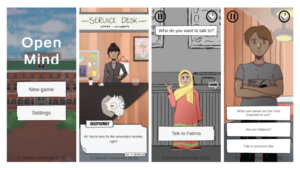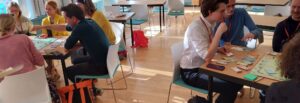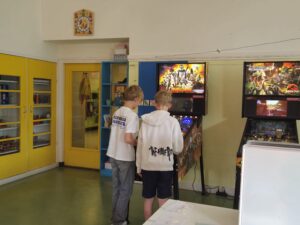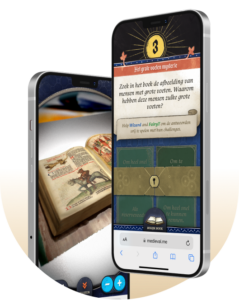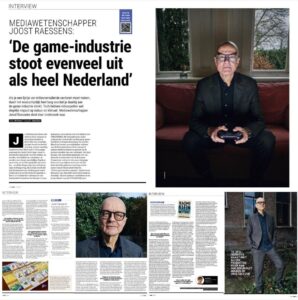
Picture an international student who follows lectures for the first time at the UU in a class full of Dutch students. It is not unlikely that this international student experiences a different kind of dynamic in the classroom related to authority or group work, which makes the international student unsure whether or when it is right to ask questions, how to form (study)groups, what way to offer (peer)feedback, or how to participate in discussions. Because the international student does not fulfil (implicit) expectations on what it means to be a “good student,” teachers and fellow students perceive the student as passive or uncooperative, and resorting to cultural stereotypes for explanations.
This is a case example of what this research project aims to tackle. The research project is called Playing the Hidden Curriculum: Exposing, materializing and questioning the unwritten rules of higher education. Lead by Jasper van Vught, this research project aims to adress the hidden curriculum (HC), which has been at the centre of academic discourse for over half a century. The HC can be defined as the unwritten social and cultural rules in education, in terms of behavioural expectations and practices, cultural values, power dynamics, and (civic) responsibility. Therefore, the HC plays a role in the accessibility, purpose, and quality of education. Yet, despite this acknowledgement, there has not been a registered large-scale attempt at UU to reveal the HC and study its impact until now. The goal is to improve UU’s socialization and inclusivity through unpacking, exposing, and questioning the HC at UU with an innovative playful method. This method aims to lower the barriers for students and teachers to bring the (inter)personal into the curriculum, and supports the creation of a fair and more balanced set of educational “rules”.
In collaboration with Utrecht Game Lab, the project will develop a toolbox with a series of analogue games and game design exercises to bring together students and teachers and support them in unpacking and exposing the HC at different levels of the curriculum. The HC will be conceptualized as a game (or playful exercise), wherein its players are invited to bring their personal lives into the learning activity. By doing so, the HC’s socio-cultural norms will be laid bare as explicit and negotiable rules. These tools will be tested with students and staff of at least three BA-programmes (HUM, MED & LEG) (including their connecting support networks) to materialize (and redesign) the implicit socio-cultural conventions prevalent in their classrooms and programmes. This project aims to impact:
- The intended curriculum by exposing, comparing and aligning student and staff expectations and practices in relation to the learning objectives and vision of the programme which will help develop the social games.
- Implemented curriculum by materializing and renegotiating the classroom’s social norms and helps to device successful strategies for both students and teachers to be used in the social games.
- Informal curriculum by helping students express their expectations and familiarizing them with social rules prevalent in their classrooms, programme, or the UU as a whole through social games and playful interventions
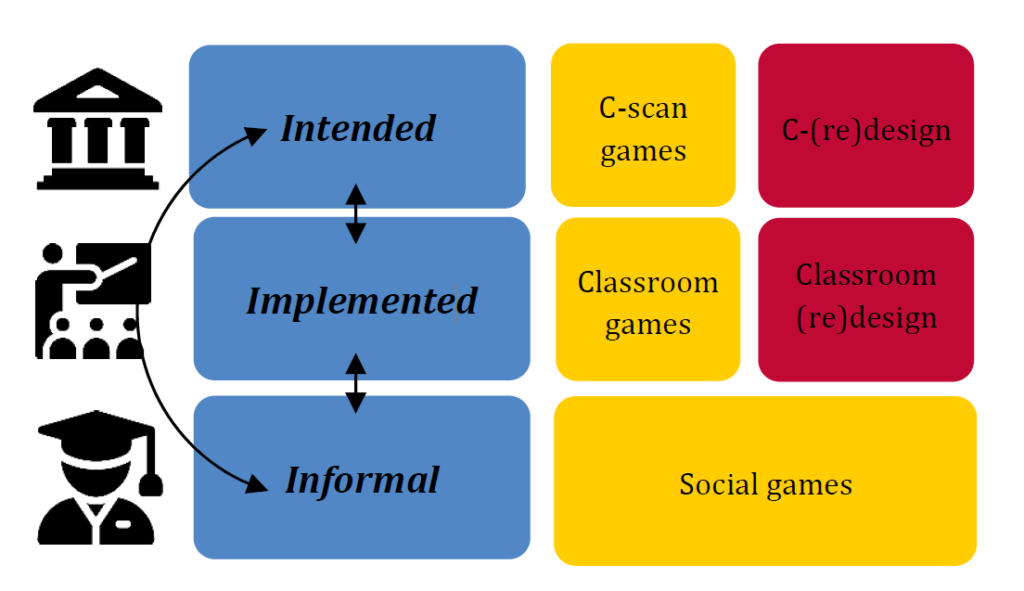
The project will last three years, starting September 2024 and finalized in September 2027. The project team consists of Ulviye Isik & Rahul Pandit (MED), Julie Fraser & Yunus Oppier (LEG), Irina Marin & Deborah Cole (HUM), and three student assistants. The advisory board concerning this project consists of Gönül Dilaver (MED), Brianne McGonigle Leyh (LEG), Leoniek Wijngaards (FSBS) Chahida Bouhami (UP-Community) and Bettina Tuinstra (Honours Trajectum).
This project shares ambitions with the Fostering an open mind project, which can be found under the research project tabs.


